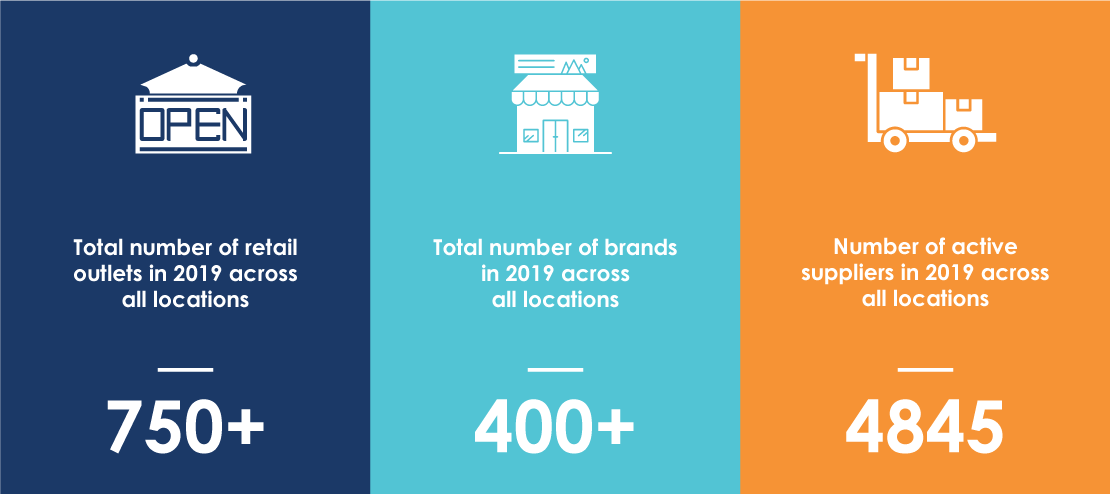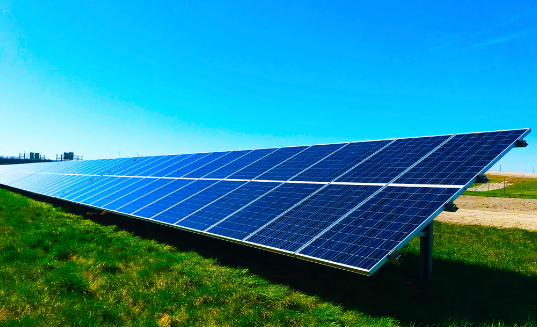Ensuring that our Group and our suppliers share a common goal in sustainability
As a luxury retailer, our supply chain sustainability is one of our most material topics. We strive to continuously work with our partners and stakeholders to ensure responsible business practices across our entire value chain.


Our commitment to SDG 12 Responsible Consumption and Production
In 2018 we began working on our SDG 12 Strategy based on the principles of United Nation’s Sustainable Development Goal (SDG)12, Responsible Consumption and Production. Through the strategy’s formulation, we were able to identify ‘hot spots’ across our value chain where interventions have the greatest potential to create positive social and environmental impact.
Fully developed in 2019, the strategy’s objective is to optimise and enhance our current systems and to manage our energy, waste, logistics and procurement processes more efficiently with minimal social and environmental impact. We have focused on five areas across our value chain this year to adopt our SDG 12 strategy at the industry level:
To achieve and successfully implement our strategy, we have established a roadmap which includes considerations and milestones related to our supply chain. Examples include adopting more responsible procurement processes, digitalising our store operations, revamping our in-store environmental performance assessment tool (STEP), and heavily reducing our consumption of single-use plastics. We have also reviewed our Sustainable Supply Chain policy to align it with our updated supply chain strategy and have shared it with all employees in the Group. By doing so, we aim to embed sustainability within our Group by creating a culture of responsible consumption and production, where our people will approach their daily work with a social and environmental context in mind.

Enhancing our responsible procurement processes
We have enhanced our procurement system with a revised Group’s supplier scorecard. The scorecard assesses our suppliers’ responsible business practices in alignment with the 10 UNGC principles in the areas of anti-corruption, labor rights, human rights, and the environment. One of the main challenges we have been facing is efficiently assessing the results of the scorecard and ensuring high response rates. To make the scorecard more effective as a tool, we have incorporated it, using the SAP Qualtrics survey tool, into our Supplier Creation Form on our intranet. This ensures that any new supplier will be required to fill it out. Using a smart tool will allow us to generate detailed dashboards and analysis reports. With these results, we aim to strengthen the relationship with our suppliers and fulfill our commitment of being a responsible business. Amongst our 2020 commitments is our target to have 400 Suppliers complete our Supplier Score Card. To do so, in 2019, we have ensured a 100% response rate from our suppliers by using our SAP Qualtrics survey tool.